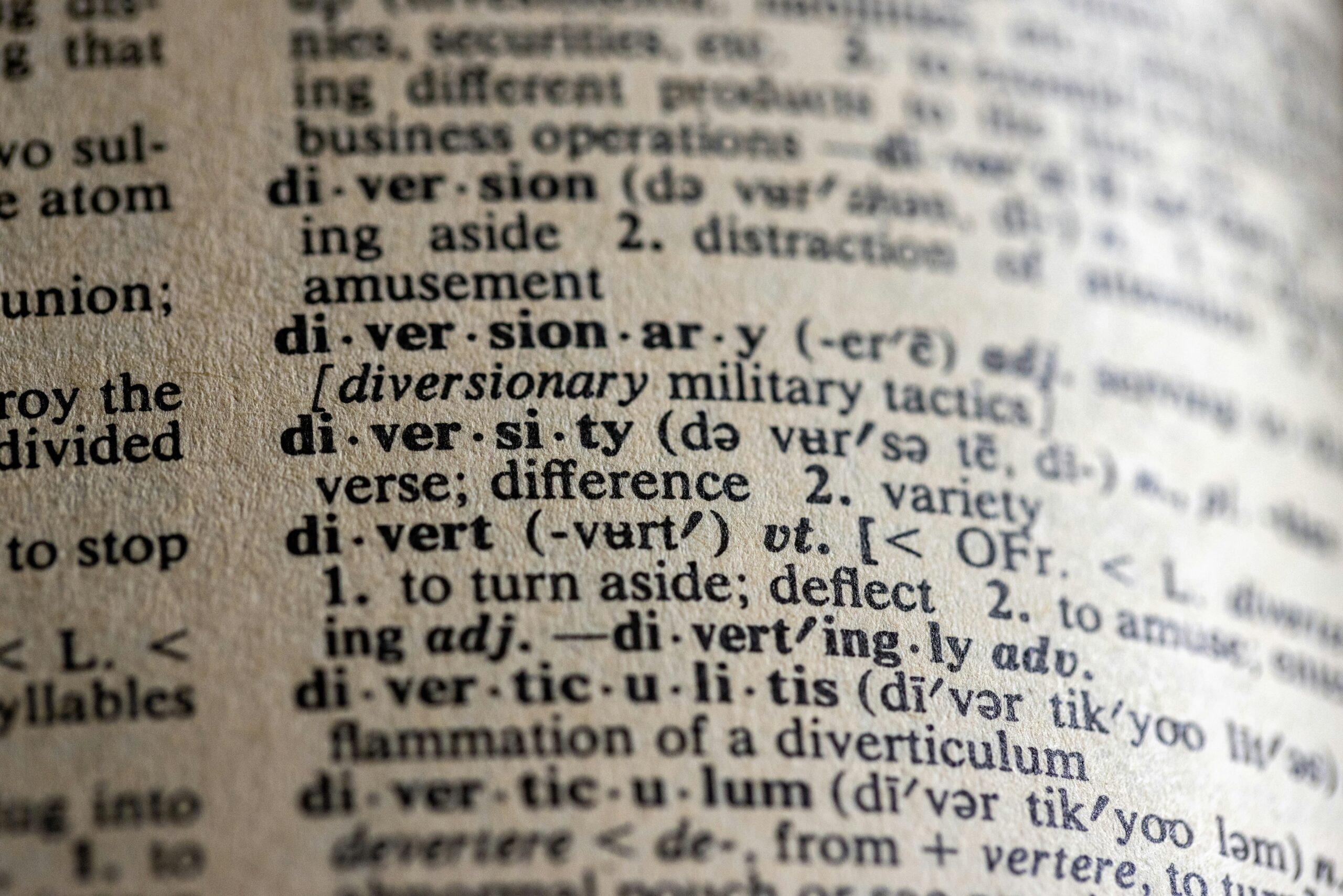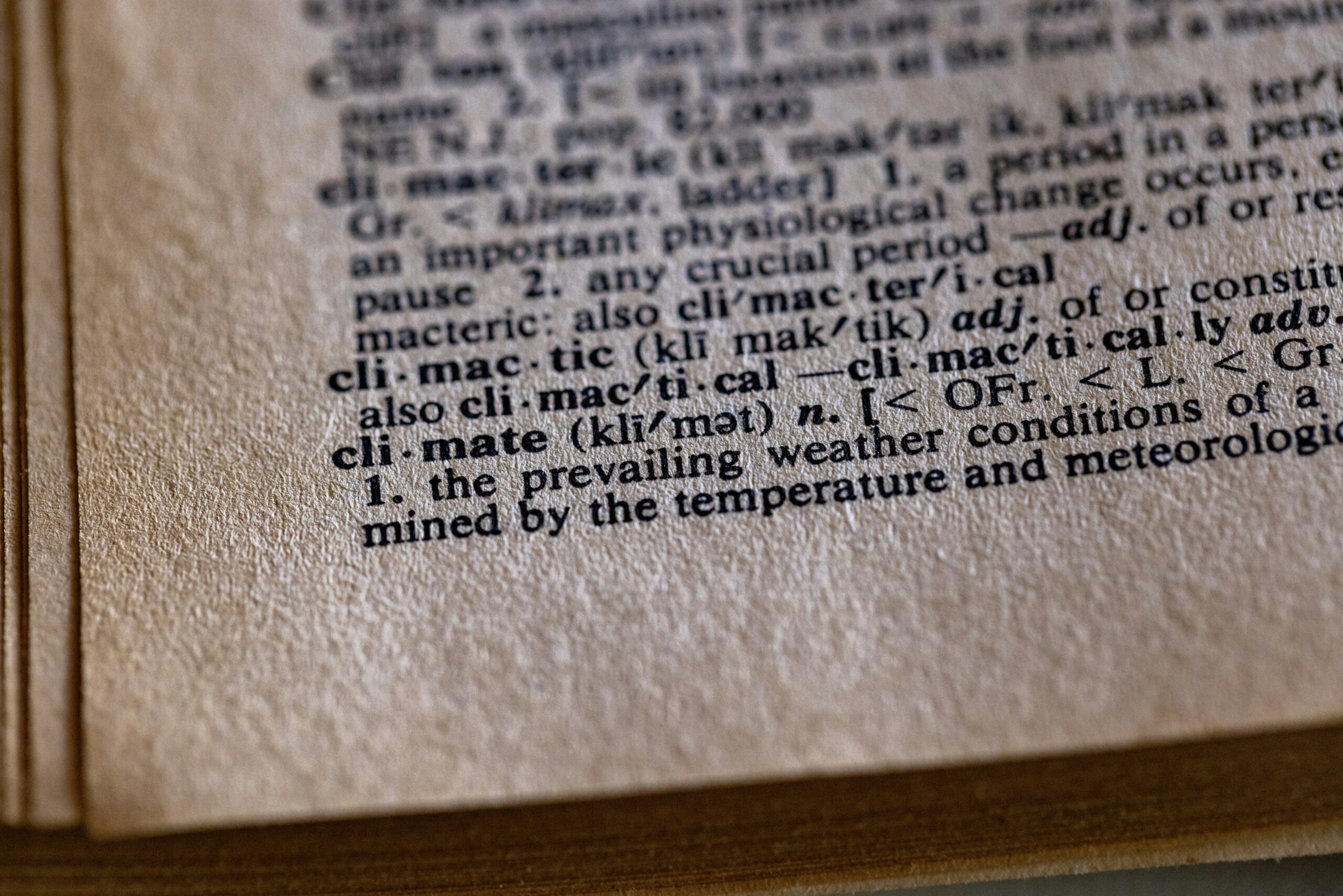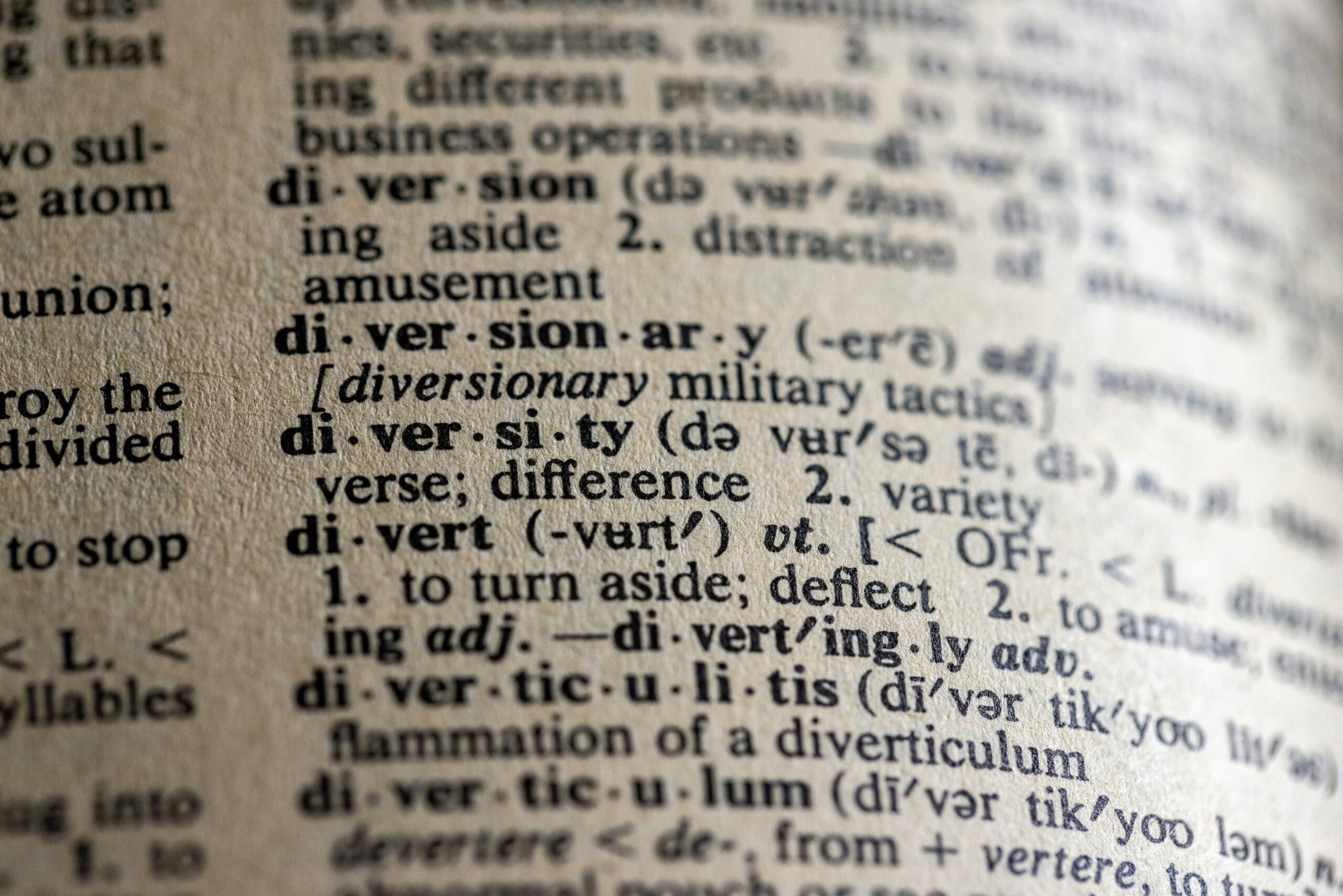Thinking of starting the keto diet? Before you embark on this low-carb, high-fat adventure, it’s important to understand the potential effects it may have on your digestive system. In this article, we explore whether the popular keto diet can indeed cause digestive issues and provide you with valuable insights to help you make an informed decision about whether this dietary path is right for you. So, grab a cup of tea and let’s dive into the world of keto and digestion.
Understanding the Keto Diet
The keto diet, short for ketogenic diet, is a low-carbohydrate, high-fat diet that has gained popularity in recent years. The primary goal of the keto diet is to induce a metabolic state called ketosis, where the body relies on ketones from fat as its main source of energy rather than glucose from carbohydrates.
Defining the Keto Diet
The keto diet is characterized by its macronutrient composition, which typically includes a high percentage of fat (70-80% of total calories), a moderate amount of protein (20-25% of total calories), and a very low amount of carbohydrates (5-10% of total calories). This drastic reduction in carbohydrates forces the body to switch to burning fat for energy, leading to weight loss and other potential health benefits.

The Science behind the Keto Diet
The science behind the keto diet lies in the physiological changes that occur in the body during ketosis. When you limit your carbohydrate intake, your body’s glycogen stores become depleted, forcing it to turn to fat as an alternative fuel source. This process stimulates the liver to produce ketones, which are molecules that can be used for energy by the brain and other organs.
The Macronutrient Composition of the Keto Diet
The macronutrient composition of the keto diet plays a crucial role in achieving and maintaining ketosis. The high fat content ensures an adequate supply of fatty acids for energy production, while the moderate protein intake prevents muscle loss and supports various bodily functions. The low carbohydrate consumption restricts the production of insulin, a hormone that promotes fat storage, and allows the body to enter ketosis.

Benefits of the Keto Diet
Weight Loss Benefits
One of the primary benefits of the keto diet is its potential for promoting weight loss. By restricting carbohydrates, the body is encouraged to burn stored fat for energy, leading to a reduction in body weight and the loss of excess fat. Additionally, the high fat and protein content of the diet can increase feelings of satiety, helping to control appetite and prevent overeating.
Possible Benefits for Brain Disorders
The keto diet has shown promise in the management of certain brain disorders. Ketones, the byproducts of fat metabolism during ketosis, are believed to provide a more efficient fuel source for the brain compared to glucose. As a result, the keto diet has been studied as a potential therapeutic option for conditions such as epilepsy, Alzheimer’s disease, and Parkinson’s disease.
Potential Cancer-Fighting Properties
Emerging research suggests that the keto diet may have cancer-fighting properties. Cancer cells rely heavily on glucose for growth and survival, and by limiting carbohydrate intake and reducing circulating glucose levels, the keto diet may help starve cancer cells and inhibit tumor growth. However, further studies are needed to fully understand the relationship between the keto diet and cancer prevention or treatment.
Improvements in Heart Health
Contrary to popular belief, the keto diet can actually have positive effects on heart health. By reducing carbohydrate intake, the diet can lower triglyceride levels, increase levels of HDL (good) cholesterol, and reduce blood pressure. These changes can collectively reduce the risk of heart disease and improve overall cardiovascular health.
The Keto Transition: ‘Keto Flu’
Describing the ‘Keto Flu’
When transitioning to the keto diet, some individuals may experience a temporary set of symptoms known as the “keto flu.” This phenomenon is not an actual flu, but rather a collection of side effects that occur as the body adapts to utilizing fat as its primary source of energy instead of carbohydrates.
Symptoms of the Keto Flu
The symptoms of the keto flu can vary from person to person, but commonly include fatigue, brain fog, irritability, headaches, nausea, and muscle soreness. These symptoms typically arise within the first few days of starting the keto diet and may last for a week or two as the body adjusts to the metabolic changes.
Duration and Severity of the Keto Flu
The duration and severity of the keto flu can vary depending on individual factors such as metabolism, overall health, and previous dietary habits. Some individuals may experience only mild symptoms that resolve within a few days, while others may have more profound symptoms that persist for a longer period. Staying well-hydrated, consuming adequate electrolytes, and gradually reducing carbohydrate intake can help minimize the impact of the keto flu.

The Keto Diet and Gut Health
Explaining Gut Health
Gut health refers to the overall well-being and proper functioning of the gastrointestinal tract, which includes the stomach, small intestine, and colon. A healthy gut is associated with efficient digestion, absorption of nutrients, immune system function, and even mental health.
How Diet Influences Gut Health
Diet plays a crucial role in maintaining optimal gut health. The foods we eat provide the necessary nutrients for gut cells to function correctly, promote the growth of beneficial bacteria, and maintain the integrity of the gut lining. However, diets high in processed foods, sugar, and low in fiber can disrupt the balance of gut bacteria and contribute to gut inflammation.
The Possible Impact of a Keto Diet on Gut Health
While research on the specific impact of a keto diet on gut health is limited, some studies suggest that the diet may have both positive and negative effects. On one hand, the reduction in carbohydrate intake may help reduce inflammation and improve gut health in individuals with conditions such as inflammatory bowel disease. On the other hand, the low-fiber nature of the diet can potentially disrupt the diversity of gut bacteria and lead to constipation or other digestive issues.
Keto Diet and Digestive Issues
Identifying Common Digestive Issues
Digestive issues encompass a wide range of ailments related to the gastrointestinal system, including bloating, gas, abdominal pain, diarrhea, and constipation. These issues can significantly impact a person’s quality of life and make it more challenging to adhere to a dietary regimen like the keto diet.
Reasons Why the Keto Diet May Cause Digestive Issues
Several factors can contribute to digestive issues when starting the keto diet. Firstly, the sudden reduction in carbohydrate intake can disrupt the balance of gut bacteria, leading to changes in bowel habits. Secondly, the high fat content can cause various gastrointestinal symptoms such as bloating or diarrhea, especially if the body is not used to processing large amounts of dietary fat. Lastly, the low fiber intake on a keto diet can result in reduced stool bulk and slower transit time, leading to constipation.
Studies Highlighting the Relationship Between a Keto Diet and Digestive Problems
Some studies have explored the potential link between the keto diet and digestive problems. One study conducted on children with epilepsy found that 29% of participants experienced gastrointestinal side effects, including diarrhea, constipation, and vomiting. Another study on adults reported that up to 45% of participants experienced bloating, diarrhea, or constipation when following a ketogenic diet. These findings highlight the need for further research and personalized approaches to address digestive issues associated with the keto diet.
Nutrient Deficiencies Linked to the Keto Diet
Discussing the Importance of Balanced Nutrition
Balanced nutrition is essential for overall health and well-being. While the keto diet can provide adequate amounts of certain nutrients, it may also result in deficiencies if not carefully planned and monitored. A holistic approach to nutrition is crucial to ensure that all essential vitamins, minerals, and other micronutrients are adequately supplied.
Highlighting Nutrients That May Be Lacking in a Keto Diet, and Their Effects on Digestion
A keto diet may be deficient in certain nutrients due to the limited food choices and the restriction of carbohydrate-rich foods. Some nutrients that may be lacking include fiber, vitamin C, potassium, and magnesium. Insufficient fiber intake, for example, can lead to constipation and hinder proper digestion. Similarly, inadequate intake of vitamins and minerals can affect the overall function of the digestive system and other bodily processes.
Addressing Concerns About Fiber Intake on a Keto Diet
Fiber is an essential component of a healthy diet, contributing to digestive health and overall well-being. While the keto diet restricts carbohydrate intake, which is the primary source of dietary fiber, it is still possible to include fiber-rich foods within the limitations of the diet. Non-starchy vegetables, nuts, and seeds are examples of low-carb, high-fiber options that can help maintain healthy digestion while following a keto diet.
Individual Variance and the Keto Diet
Understanding Individual Responses to Diet
Every person’s body is unique, and individual responses to the keto diet may vary. Some individuals may experience significant weight loss and improved digestion, while others may struggle with digestive issues or find the diet less effective for their desired outcomes. Understanding and acknowledging this individual variance is essential when considering the keto diet or any dietary intervention.
Factors Contributing to Individual Variance
Several factors can contribute to individual variance in response to the keto diet. These factors include genetics, pre-existing health conditions, gut microbiota composition, metabolic rate, and personal dietary history. It is crucial to consider these individual factors when embarking on any dietary changes, including the keto diet, to optimize results and address potential challenges.
Case Studies Showing Variances in Digestive Response to a Keto Diet
Several case studies have highlighted the individual variances in digestive response to a keto diet. Some individuals have reported significant improvements in digestive symptoms such as bloating and acid reflux, while others have experienced an increase in these symptoms. These case studies emphasize the importance of personalized approaches to identify the most suitable dietary intervention for each individual’s unique needs.
Managing Keto-Induced Digestive Issues
Strategies to Minimize Digestive Issues When Starting the Keto Diet
While digestive issues when starting the keto diet are not uncommon, several strategies can help minimize their impact. Gradually reducing carbohydrate intake instead of going cold turkey can give your body time to adjust and minimize any sudden shifts in digestion. Including fiber-rich foods such as non-starchy vegetables and low-carb fruits can also help alleviate constipation and maintain gut health. Additionally, ensuring adequate hydration and electrolyte balance through increased water intake and consuming foods rich in electrolytes like magnesium and potassium can further support digestion.
Role of Hydration in Managing Keto-Induced Digestive Issues
Proper hydration is essential for overall health, digestion, and minimizing keto-induced digestive issues. When transitioning to the keto diet, the body undergoes various metabolic changes that can increase water loss through increased urination and sweat. Adequate hydration helps prevent constipation, supports optimal digestion, and maintains electrolyte balance, all of which can contribute to a more comfortable adjustment period.
Considerations for Long-Term Dietary Changes and Gut Health
When considering long-term dietary changes, such as following the keto diet, it is crucial to prioritize gut health. Incorporating a wide variety of nutrient-dense, whole foods into the diet can help support the growth of beneficial gut bacteria and maintain a healthy gut environment. Additionally, periodic reevaluations of the dietary approach, consultation with healthcare professionals, and regular monitoring of digestive health can ensure that any potential issues are addressed promptly and effectively.
Healthcare Professional’s Role in Diet Selection
Importance of Consulting with a Healthcare Professional When Changing Diets
Before embarking on any significant dietary change, it is highly recommended to consult with a healthcare professional. A healthcare professional, such as a registered dietitian or a doctor, can assess your individual health needs, evaluate potential risks or contraindications, and guide you in selecting the most appropriate diet for your goals and overall well-being. Their expertise can provide invaluable support in developing a well-rounded and personalized keto diet plan.
How Healthcare Professionals Can Assist in Creating a Balanced Keto Diet
Healthcare professionals can play a crucial role in creating a balanced keto diet by considering individualized factors such as medical history, current health conditions, and nutritional needs. They can help design a plan that ensures all essential nutrients are adequately supplied while supporting ketosis and minimizing potential digestive issues. Regular follow-ups and adjustments based on individual responses can further optimize outcomes and ensure a safe and effective transition to the keto diet.
Guidelines for Monitoring Health Changes When Starting a New Diet
When starting a new diet, it is essential to monitor and evaluate any health changes that occur. This includes keeping track of weight, body measurements, energy levels, digestive symptoms, and overall well-being. Establishing baseline measurements and regularly reassessing progress can provide insights into the effectiveness of the diet and identify any necessary modifications or adjustments that need to be made.
Debunking Myths about the Keto Diet
Addressing Common Misconceptions about the Keto Diet
The keto diet is surrounded by various myths and misconceptions that can lead to misinformation and confusion. Addressing these common misconceptions is essential to provide accurate information and a realistic understanding of the diet. Some of the most prevalent myths include the belief that the keto diet is only for weight loss, that it is unhealthy due to its high fat content, and that it is unsustainable in the long term.
Scientific Counterevidence to Keto Diet Myths
Scientific research has provided counterevidence to several myths surrounding the keto diet. Numerous studies have shown that the keto diet can be beneficial for weight loss, improve various health markers, and be safe and sustainable when followed correctly and under appropriate supervision. Additionally, research has debunked the myth that the high fat content of the diet is detrimental to heart health, showing that the keto diet can indeed lead to improvements in cardiovascular risk factors.
Balancing the Benefits and Potential Issues with the Keto Diet
Like any dietary approach, the keto diet has both benefits and potential issues. While it can be an effective tool for weight loss, brain health, and other health conditions, it may also come with side effects such as the keto flu and potential digestive issues. Balancing the benefits and potential issues requires personalized considerations, regular monitoring, and making informed choices based on scientific evidence, individual response, and guidance from healthcare professionals.
In conclusion, the keto diet is a low-carbohydrate, high-fat diet that aims to induce ketosis, a metabolic state where the body primarily relies on fat for energy. The diet has shown potential benefits for weight loss, brain disorders, heart health, and even cancer prevention. However, it may also lead to temporary side effects such as the keto flu and digestive issues. By understanding individual responses, incorporating proper hydration, considering nutrient deficiencies, and seeking guidance from healthcare professionals, these potential challenges can be managed effectively. The keto diet, when properly followed, can be a valuable tool for achieving health goals while prioritizing overall well-being and digestive health.

